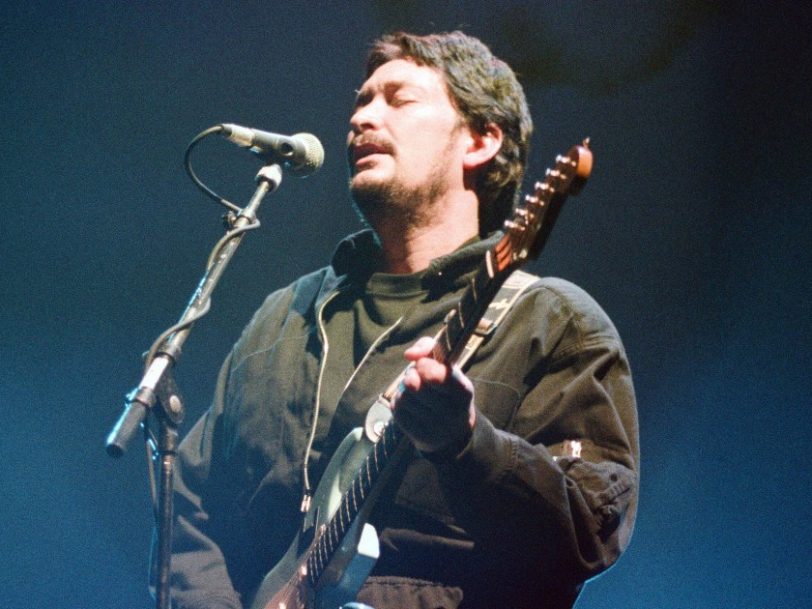Percolating with creative energy, Chris Rea’s 13th album, Espresso Logic, was the happy by-product of a prolific series of recording sessions at The Mill Recording Studio, in South Norfolk. Continuing the Middlesbrough-born songwriter’s run of successful albums, the 1993 release offered up a carefree collection of leisurely blues jams with jazzy textures. With Rea’s rasping vocals on fine form, Espresso Logic swirls like crema in a demitasse cup and provides a stimulating kick from his bountiful discography.
Listen to ‘Espresso Logic’ here.
“Somebody had mentioned people’s logic, and I just used poetic licence”
Rea was going through a hyper-productive spell at The Mill. As a matter of fact, releasing a new album so soon after his previous record, 1992’s God’s Great Banana Skin, came as something of a surprise to his record label. “It was never meant to be an album,” Rea said, recalling how the company agreed to release Espresso Logic the following autumn, on the condition that he slow down a little.
Released in October 1993, Espresso Logic’s lead single was the soft-rock stomper Julia, a song written about the singer’s four-year-old daughter, and one which still holds its own among the best Chris Rea songs. Just like Josephine before it, from his breakthrough album, Shamrock Diaries, Julia is a sunny and sprightly ode to fatherhood, simmering with Martin Ditcham’s upbeat drumming and Rea’s distinctive slide guitar work. The song peaked at No.18 in the UK and became Rea’s fourth hit to crack the Top 20.


